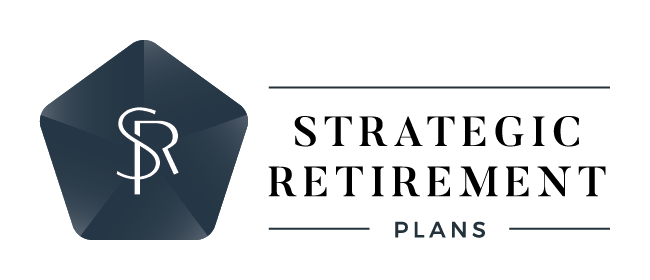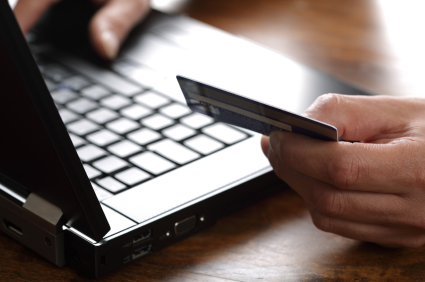Are you one of the millions of consumers who hunt for deals and unique items on sites like eBay and Craigslist? While cyber shopping can be a convenient way to find bargains on both new and used items, it’s important to protect your identity and financial information, especially when dealing with individual sellers (as opposed to the online versions of brick-and-mortar stores).Before you purchase anything listed on an online classified ad, auction, or marketplace site, keep these precautions in mind.Online classifieds (e.g., Craigslist)
- Never wire funds. If a seller asks you to wire payment using Western Union or MoneyGram, you’re likely dealing with a scammer.
- Safeguard your personal information. Sellers on Craigslist and similar sites don’t need your personal financial information, such as credit card numbers. To keep your information safe, it’s best to pay with cash.
- Don’t go it alone. Always take someone with you when meeting a seller. Be sure to tell a friend or family member where you’ll be, and take your cell phone with you.
- Pick up in a public place. Choose a busy location to meet the seller. If you’re picking up the item at the seller’s house, it’s particularly important to have a friend or family member join you.
Online auctions (e.g., eBay)
- Read the fine print. Before you enter a bid, be sure to review the entire listing, as well as the sales policies of the auction site. Remember: you win, you pay. Once you’ve won an auction, you’re obligated to complete the transaction.
- Check out buyer feedback. Auction sites let buyers post feedback on their purchases, which can give you insight into a seller’s business practices. Be sure the seller has a high rating before making a purchase. If you see lackluster feedback, it’s probably best to look for the item elsewhere.
- Pay with a credit card or PayPal account. Using a debit card linked to your checking account may not be safe, as most debit cards don’t offer fraud protection. You may also want to consider buyer protection; eBay offers such a plan that covers many items purchased on its site.
- Beware of fraudulent e-mails. After you’ve made a purchase, be wary of any unusual e-mails you may receive. Avoid opening suspicious messages or clicking on links they contain.
Online marketplaces (e.g., Amazon, Etsy, Overstock)
- Know what you’re purchasing. Searches on these types of sites may pull up both new and used items for purchase. Though they’re often cheaper, used products may not be in perfect shape. Don’t neglect to read all the product details, as well as individual sellers’ return and refund policies.
- Look for positive seller feedback. As with online auctions, be sure to read sellers’ ratings and keep your eyes open for red flags.
- Pay safely. Pay for purchases using a credit card or PayPal, which offer greater buyer protection than other methods.
- Ensure a secure checkout. Before you purchase an item, look for HTTPS at the beginning of the web address on the transaction page, which indicates a secure connection. Addresses that begin with HTTP only aren’t secure.
Don’t pay with your identity
When shopping online, it’s easy to get caught up in the excitement of finding a great deal—or what seems to be one. But don’t let the thrill of bargain-hunting override common sense or cause you to jeopardize your sensitive information, particularly if you’re dealing with an individual online seller.


